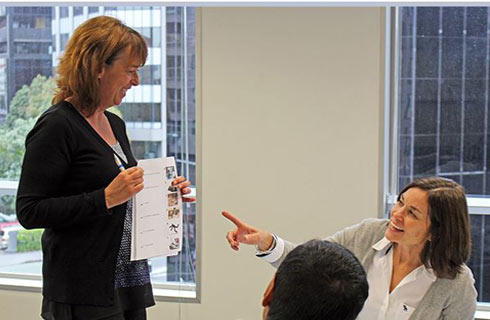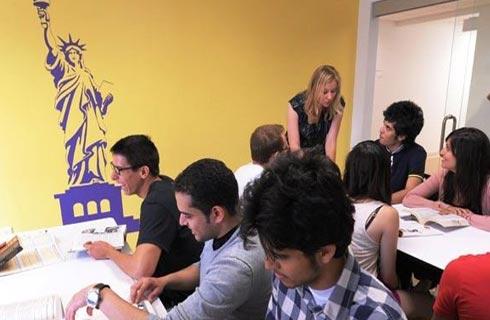Bachelor of Arts in Spanish and International Affairs

学历文凭
Double Major Degree

专业院系
Cultures, Societies, and Global Studies

开学时间

课程时长

课程学费

国际学生入学条件
IDP—雅思考试联合主办方

雅思考试总分
7.0
- 雅思总分:7
- 托福网考总分:99
- 托福笔试总分:160
- 其他语言考试:PTE Academic - 68
CRICOS代码:
申请截止日期: 请与IDP联系 以获取详细信息。
课程简介
相关申请
 预科
预科 奖学金
奖学金 实习机会
实习机会 在校学习
在校学习 跨境学习
跨境学习 校园授课-线上开始
校园授课-线上开始 在线/远程学习
在线/远程学习
开学时间&学费
学费信息仅供参考,请与IDP联系以获取详细信息
| 开学时间 | 时长 | 学费 | 地点 |
|---|
学校排名

世界排名173
数据源:
泰晤士高等教育世界大学排名
关于东北大学

东北大学是一所受到全球认可的私立院校,致力于帮助学生将学到的知识应用于实践中,构建职业履历,并在获得学位的同时发展自己的人际网络。该校通过各种体验式学习机会(如合作实习、课堂项目、研讨会等等)让学生获得实际经验,从而在就业市场上具备竞争优势。东北大学的其他亮点包括: 全球13个校区,其中9个校区可招收国际学生。 与全球3300多家雇主建立了合作伙伴关系。 350000万名校友遍布186个国家. 美国第二大国际学生群体(Opendoors报告) R1研究称号,得益于非常高水平的研究活动和资源,包括60个中心和研究所。每年,东北大学在受人尊敬的出版物中排名很高。2024-2025学年,《美国新闻与世界报道》对该大学进行了排名拼音 全国最佳大学排名第46位 合作教育/实习第1位 最具创新性院校第5位在《普林斯顿评论》(Princeton Review)最新排名中,东北大学名列 最佳实习院校第1位 最佳就业服务第17位最近的Niche 排名东北: #美国最佳商学院中的8位 #6所美国最佳计算机科学学院 #31所美国最佳工程学院
本校相关课程

Bachelor of Science in Theatre
学历文凭
Bachelor Degree
开学日期
课程费用总额


Bachelor of Arts in Theatre
学历文凭
Bachelor Degree
开学日期
课程费用总额


Bachelor of Science in Anthropology
学历文凭
Bachelor Degree
开学日期
课程费用总额


Bachelor of Arts in Anthropology
学历文凭
Bachelor Degree
开学日期
课程费用总额


Bachelor of Science in Sociology
学历文凭
Bachelor Degree
开学日期
课程费用总额


Bachelor of Arts in Sociology
学历文凭
Bachelor Degree
开学日期
课程费用总额

其他相关课程

法国研究哲学博士
 滑铁卢大学
滑铁卢大学学历文凭
Ph.D.
开学日期
课程费用总额


法国研究文学硕士
 滑铁卢大学
滑铁卢大学学历文凭
Masters Degree
开学日期
课程费用总额


西班牙语文学士[一般]
 滑铁卢大学
滑铁卢大学学历文凭
Bachelor Degree
开学日期
课程费用总额


法语文学士[一般]
 滑铁卢大学
滑铁卢大学学历文凭
Bachelor Degree
开学日期
课程费用总额


法语哲学博士
 达尔豪斯大学
达尔豪斯大学学历文凭
Ph.D.
开学日期
课程费用总额


法语文学硕士
 达尔豪斯大学
达尔豪斯大学学历文凭
Masters Degree
开学日期
课程费用总额










 美国
美国